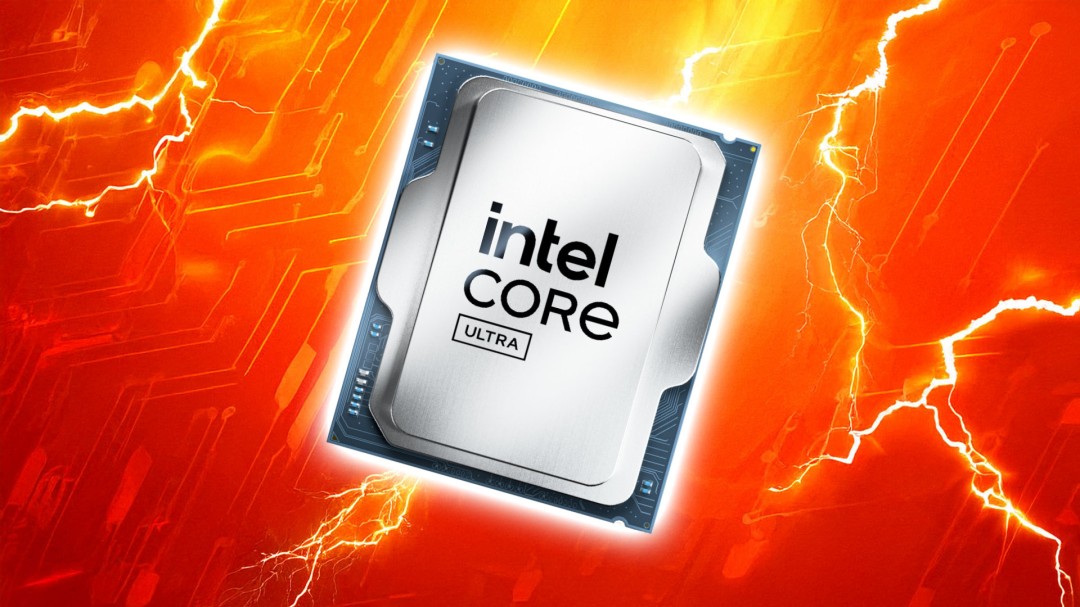IntelThe future of in-house CPU production is at stake. The company has confirmed that the entire project could slow down or even terminate if it cannot find an external customer for its next-generation 14A (1.4nm) semiconductor manufacturing process. This will force Intel to rely on third-party foundries to produce its next-generation CPUs, ending its decades-long history of in-house production.
If Intel abandons the 14A process node,TSMCandSamsungand other companies will have the opportunity to achieve this with more advanced production foundriestranscend。 Intel is already struggling with its competitors, especially when it comes to gaming CPU performance.

This warning stems from discussions of the company’s performance by Intel executives on a recent earnings call. Intel CEO Lip-Bu
Tan) told investors at the meeting that for the 14A process to succeed, it needs multiple guarantees of “internal customers, external customers and output commitments”.
Intel’s latest quarterly report further states that it may not be economical to continue developing the 14A process if it cannot “acquire significant external customers”, so the company “may suspend or terminate research and development of Intel’s 14A process”.
Currently, Intel is in deep trouble: massive layoffs, stock prices plummeting, and recently fired its former CEO. Gamers have felt this from a key area of the Intel market – its latest Arrow
The Lake series CPUs are not availableAMDof top products (such as AMD Ryzen 7 9800X3D) to compete. Intel has never been able to hack AMD 3D
The performance benefits brought by V-Cache technology, although there are rumors that Intel is working on CPUs with similar 3D V-Cache technology, which has a lot of potential.
However, one CPU is not enough to turn the company arounddestinyIntel is clearly considering its long-term spending commitments. If it cannot find enough customers to support the survival of the 14A process node, Intel’s only option is to outsource all future production operations to competitors such as TSMC.
This is not entirely without precedent. Intel has already outsourced some of its production operations to TSMC, including Arrow Lake
Part of the CPU, but the complete abandonment of in-house production would mean serious damage to the company’s prestige.
In this case, Intel will no longer be a cutting-edge chip manufacturer, but will be reduced to a customer – forced to rank in AMD,NvidiaAfter waiting for other companies, wait for other companies to produce chips for them. Intel, which no longer exists as a top manufacturer, may be under more pressure for its relatively dominant position in the industry, including market share.
Hopefully, regardless of the production method, Intel’s next-generation CPUs will be competitive among gamers. Before that, check out our Intel Core Ultra
265K review to find out why Intel’s latest product line failed to impress us at launch. If you’re thinking about switching to a new PC, our guide to the best gaming PCs also includes a variety of options from Intel and AMD.
